-
 Bitcoin
Bitcoin $111,259.5910
2.32% -
 Ethereum
Ethereum $2,789.1977
6.17% -
 Tether USDt
Tether USDt $1.0006
0.06% -
 XRP
XRP $2.4172
3.88% -
 BNB
BNB $671.6585
1.21% -
 Solana
Solana $157.1336
2.90% -
 USDC
USDC $1.0001
0.02% -
 TRON
TRON $0.2913
1.52% -
 Dogecoin
Dogecoin $0.1809
5.04% -
 Cardano
Cardano $0.6213
4.40% -
 Hyperliquid
Hyperliquid $41.7572
6.29% -
 Sui
Sui $3.1623
8.35% -
 Bitcoin Cash
Bitcoin Cash $513.7819
1.17% -
 Chainlink
Chainlink $14.2966
1.64% -
 Stellar
Stellar $0.2904
9.82% -
 UNUS SED LEO
UNUS SED LEO $8.9624
-0.86% -
 Avalanche
Avalanche $19.4161
5.41% -
 Hedera
Hedera $0.1754
8.17% -
 Shiba Inu
Shiba Inu $0.0...01243
4.58% -
 Toncoin
Toncoin $2.8743
2.25% -
 Litecoin
Litecoin $90.6242
3.12% -
 Monero
Monero $328.7483
3.34% -
 Polkadot
Polkadot $3.6433
5.06% -
 Dai
Dai $1.0002
0.02% -
 Ethena USDe
Ethena USDe $1.0011
0.06% -
 Uniswap
Uniswap $8.3418
8.66% -
 Bitget Token
Bitget Token $4.4331
2.68% -
 Pepe
Pepe $0.0...01102
8.17% -
 Aave
Aave $297.1705
-0.69% -
 Pi
Pi $0.4712
1.31%
How to write a smart contract for an NFT?
A smart contract for NFTs automates ownership and transfers on blockchains like Ethereum, using standards like ERC-721 or ERC-1155.
Jul 10, 2025 at 07:28 pm
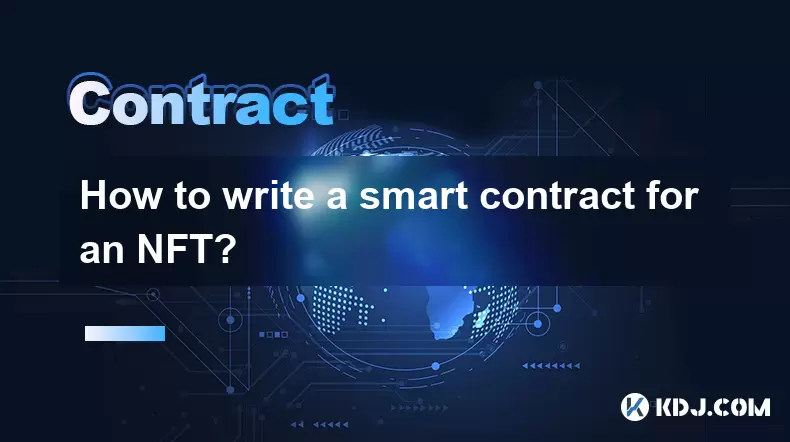
Understanding the Basics of Smart Contracts
Before diving into writing a smart contract for an NFT, it's essential to understand what a smart contract is. A smart contract is a self-executing contract with the terms of the agreement directly written into code. It automatically executes actions when predefined conditions are met. In the context of NFTs (Non-Fungible Tokens), smart contracts are used to define ownership, transferability, and other unique properties of digital assets.
Smart contracts for NFTs typically run on blockchain platforms like Ethereum, Binance Smart Chain, or Polygon. The most common standard for NFTs on Ethereum is ERC-721, while ERC-1155 supports both fungible and non-fungible tokens in a single contract. These standards provide a framework that ensures compatibility across different platforms and wallets.
Choosing the Right Blockchain Platform
The first step in creating an NFT smart contract is selecting the appropriate blockchain platform. Ethereum remains the most popular due to its mature ecosystem and widespread adoption. However, alternatives like Binance Smart Chain and Polygon offer lower gas fees and faster transaction times.
Each platform has its own set of tools and standards. For example, Solidity is the primary programming language used for writing smart contracts on Ethereum. If you're using a different blockchain, such as Solana or Tezos, you may need to use alternative languages like Rust or Ligo.
It's also important to consider gas fees, network congestion, and developer support before making your choice. Developers should be familiar with the selected platform’s documentation and development environment to ensure smooth deployment.
Setting Up the Development Environment
To write and deploy a smart contract for an NFT, you’ll need a proper development setup. This includes installing tools like:
- Node.js: Required for running JavaScript-based development tools.
- Truffle Suite: A popular development framework for Ethereum smart contracts.
- Hardhat: An alternative to Truffle, offering better debugging capabilities.
- Remix IDE: A browser-based IDE for quick testing and deployment of small contracts.
- MetaMask: A cryptocurrency wallet used to interact with the Ethereum network.
Once these tools are installed, create a new project directory and initialize it using npm init -y. Install necessary dependencies like @openzeppelin/contracts, which provides pre-audited implementations of ERC-721 and ERC-1155 standards.
Writing the Smart Contract Code
Using OpenZeppelin’s ERC-721 implementation can significantly simplify the process. Start by importing the required libraries:
pragma solidity ^0.8.0;import "@openzeppelin/contracts/token/ERC721/ERC721.sol";
import "@openzeppelin/contracts/utils/Counters.sol";
contract MyNFT is ERC721 {
using Counters for Counters.Counter;
Counters.Counter private _tokenIds;
constructor() ERC721("MyNFT", "MNFT") {}
function mintNFT(address recipient, string memory tokenURI) public returns (uint256) {
_tokenIds.increment();
uint256 newItemId = _tokenIds.current();
_mint(recipient, newItemId);
_setTokenURI(newItemId, tokenURI);
return newItemId;
}
}
This basic contract allows users to mint NFTs with a specified token URI, which usually points to metadata stored on IPFS or another decentralized storage solution. Make sure to replace “MyNFT” and “MNFT” with your desired token name and symbol.
Compile the contract using solc or your preferred compiler. Check for any syntax errors or warnings before proceeding to deployment.
Deploying the Smart Contract
After successfully compiling your contract, the next step is deployment. You can deploy to a testnet like Rinkeby or Goerli before moving to the mainnet. Use Hardhat or Truffle to automate this process.
Create a deployment script inside the scripts folder:
async function main() {const MyNFT = await ethers.getContractFactory("MyNFT");
const myNFT = await MyNFT.deploy();
await myNFT.deployed();
console.log("Contract deployed to:", myNFT.address);
}
main()
.then(() => process.exit(0))
.catch((error) => {
console.error(error);
process.exit(1);
});
Run the deployment command using npx hardhat run scripts/deploy.js --network rinkeby. Ensure you have sufficient ETH in your MetaMask wallet to cover gas fees. Once deployed, verify the contract on Etherscan to make it publicly accessible and auditable.
Frequently Asked Questions (FAQ)
What is the difference between ERC-721 and ERC-1155?
ERC-721 is designed for unique, non-fungible tokens where each token is distinct and indivisible. ERC-1155, on the other hand, allows for both fungible and non-fungible tokens within the same contract, enabling more efficient batch transfers and reduced gas costs.
Do I need to write all the code from scratch?
No, developers often utilize OpenZeppelin’s library to import pre-written, secure, and audited code for common functionalities like ownership, minting, and token URI handling. This reduces the risk of vulnerabilities and speeds up development.
Can I change the metadata after minting?
Yes, but only if the smart contract includes a function to update the token URI. Be cautious—some marketplaces may not reflect changes unless explicitly re-indexed. Always plan metadata updates carefully during contract design.
How much does it cost to deploy an NFT smart contract?
Deployment costs depend on network congestion, contract size, and gas prices. On Ethereum, it can range from $50 to several hundred dollars. Using layer 2 solutions like Polygon can significantly reduce these costs.
Disclaimer:info@kdj.com
The information provided is not trading advice. kdj.com does not assume any responsibility for any investments made based on the information provided in this article. Cryptocurrencies are highly volatile and it is highly recommended that you invest with caution after thorough research!
If you believe that the content used on this website infringes your copyright, please contact us immediately (info@kdj.com) and we will delete it promptly.
- US Mint 2025 Coin Set: A Collector's Must-Have
- 2025-07-11 00:50:13
- Crypto-Backed Borrowing on the Rise: Nexo's YoY Surge and What It Means
- 2025-07-11 01:10:13
- Bitcoin Miners, Altcoin Investments, and the Solana Surge: Navigating the Cryptocurrency Landscape
- 2025-07-11 00:30:12
- GMX Crypto Theft on Ethereum Arbitrum: A $42 Million Wake-Up Call
- 2025-07-11 00:30:12
- DNA Coin, Biotech Streaming, and Real-World Assets: A New Frontier?
- 2025-07-10 22:30:13
- Transak, HYPE Token, and the Hyperliquid Ecosystem: A Deep Dive
- 2025-07-10 23:10:13
Related knowledge
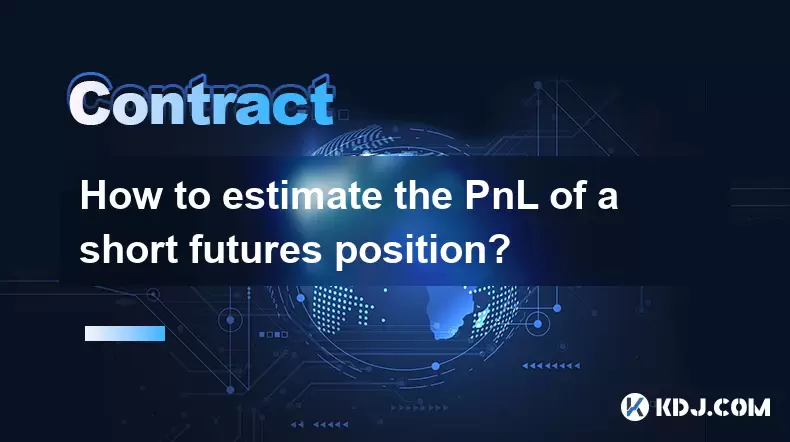
How to estimate the PnL of a short futures position?
Jul 10,2025 at 05:00pm
Understanding the Basics of Futures Trading and PnLIn futures trading, a trader enters into a contract to buy or sell an asset at a predetermined pric...
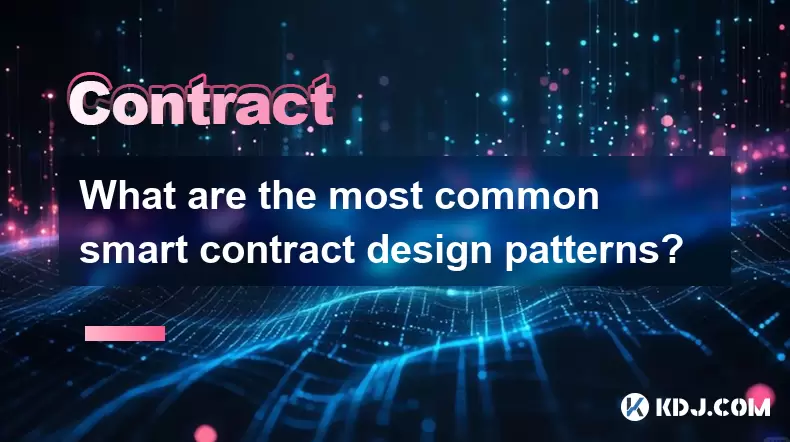
What are the most common smart contract design patterns?
Jul 10,2025 at 09:29pm
Introduction to Smart Contract Design PatternsSmart contract design patterns are standardized solutions to recurring problems encountered during the d...
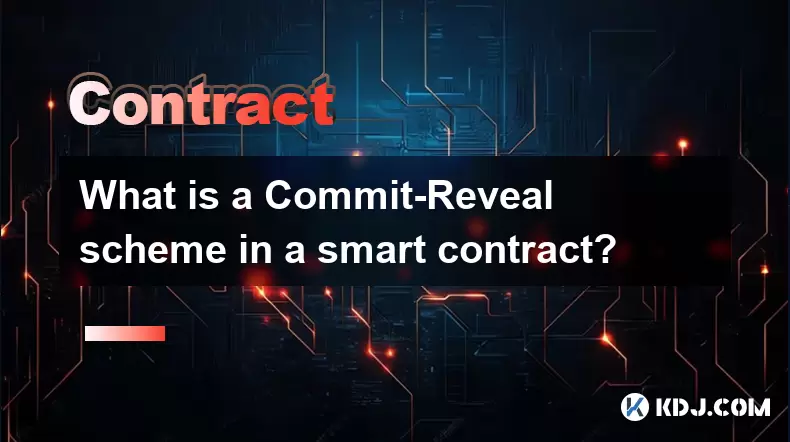
What is a Commit-Reveal scheme in a smart contract?
Jul 10,2025 at 05:22pm
Understanding the Concept of a Commit-Reveal SchemeIn the realm of blockchain and smart contracts, privacy and fairness are often critical concerns, e...
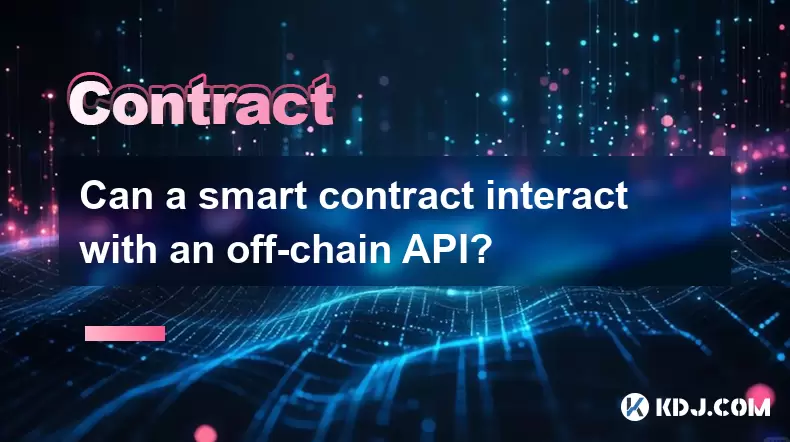
Can a smart contract interact with an off-chain API?
Jul 10,2025 at 09:42pm
What is a Smart Contract?A smart contract is a self-executing contract with the terms of the agreement directly written into lines of code. These cont...
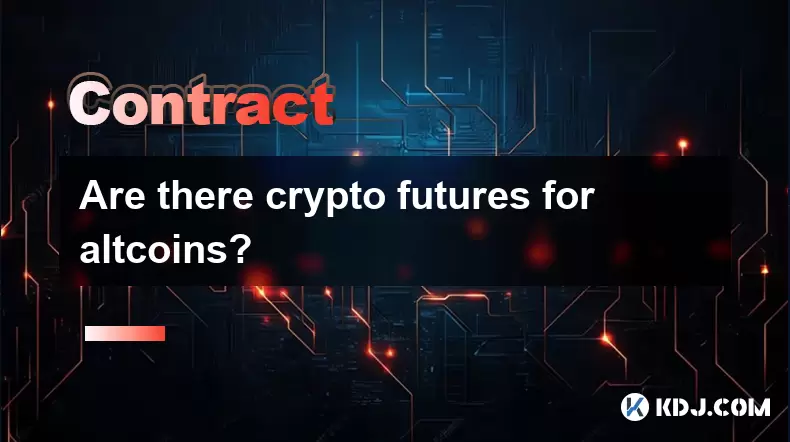
Are there crypto futures for altcoins?
Jul 10,2025 at 11:14pm
What Is a Crypto Faucet and How Does It Work?A crypto faucet is an online platform or application that rewards users with small amounts of cryptocurre...
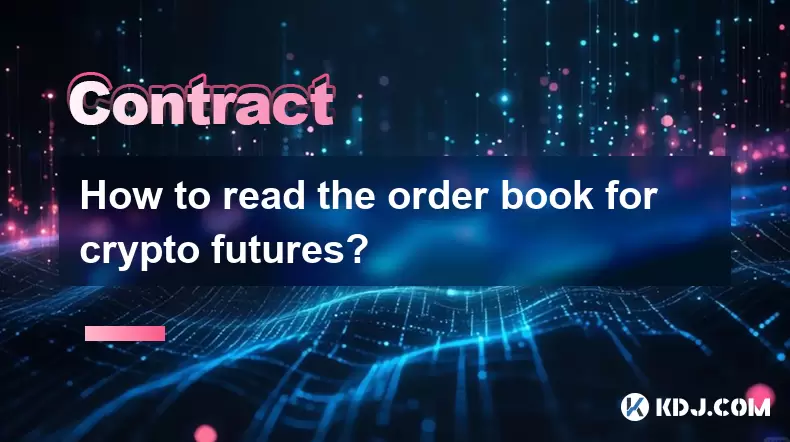
How to read the order book for crypto futures?
Jul 10,2025 at 11:49pm
Understanding the Basics of a Crypto Futures Order BookTo effectively read the order book for crypto futures, it is essential to understand its core c...

How to estimate the PnL of a short futures position?
Jul 10,2025 at 05:00pm
Understanding the Basics of Futures Trading and PnLIn futures trading, a trader enters into a contract to buy or sell an asset at a predetermined pric...

What are the most common smart contract design patterns?
Jul 10,2025 at 09:29pm
Introduction to Smart Contract Design PatternsSmart contract design patterns are standardized solutions to recurring problems encountered during the d...

What is a Commit-Reveal scheme in a smart contract?
Jul 10,2025 at 05:22pm
Understanding the Concept of a Commit-Reveal SchemeIn the realm of blockchain and smart contracts, privacy and fairness are often critical concerns, e...

Can a smart contract interact with an off-chain API?
Jul 10,2025 at 09:42pm
What is a Smart Contract?A smart contract is a self-executing contract with the terms of the agreement directly written into lines of code. These cont...

Are there crypto futures for altcoins?
Jul 10,2025 at 11:14pm
What Is a Crypto Faucet and How Does It Work?A crypto faucet is an online platform or application that rewards users with small amounts of cryptocurre...

How to read the order book for crypto futures?
Jul 10,2025 at 11:49pm
Understanding the Basics of a Crypto Futures Order BookTo effectively read the order book for crypto futures, it is essential to understand its core c...
See all articles





















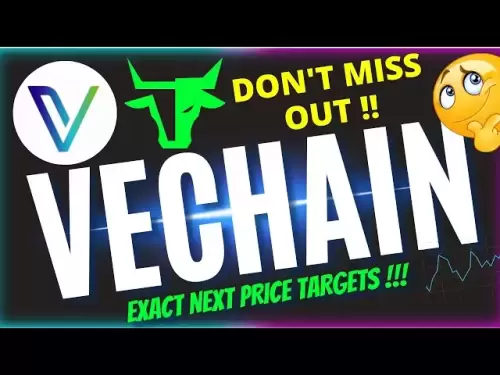

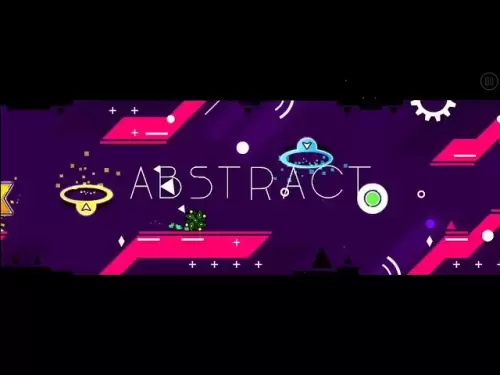
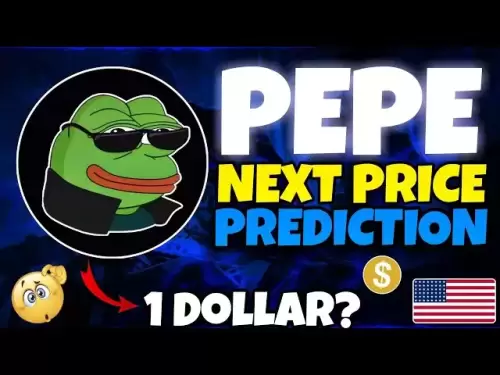
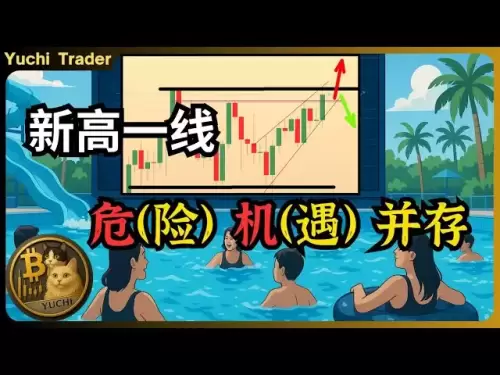
![Bitcoin is about to plummet and get 9-7W long-term short orders [Chainblade’s latest market BTC technical analysis] July 10, 2025 Bitcoin is about to plummet and get 9-7W long-term short orders [Chainblade’s latest market BTC technical analysis] July 10, 2025](/uploads/2025/07/10/cryptocurrencies-news/videos/bitcoin-plummet-w-term-short-chainblade-market-btc-technical-analysis-july/686f8f4c58e52_image_120_90.webp)






























































